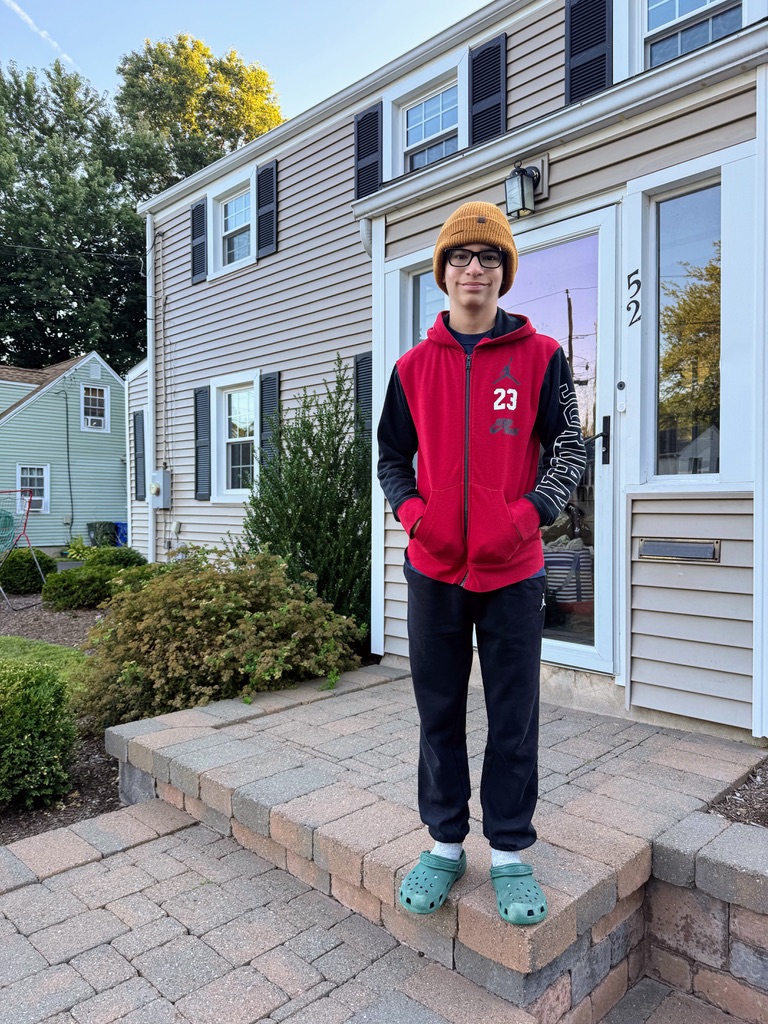I am an eternal optimist.
I’ve been told – many times – that this is empirically ridiculous given the life that I’ve led, but wait.
Yes, I was arrested and tried for a crime I did not commit, but I was also found not guilty.
Yes, I’ve twice stopped breathing and my heart stopped beating, but paramedics restored my life both times.
Yes, I was homeless, but I was also rescued from homelessness by a family for Jehovah’s Witnesses.
Yes, I was robbed at gunpoint in a brutal and horrific way, but those same men had killed other restaurant workers days before my robbery, but they did not kill me.
Yes, a small group of disgusting cowards attempted to destroy my career through lies, public shaming, and deceit, but I’m still working in the same school, in the same classroom, just as happy as ever.
Yes, it’s true that I have experienced some unfortunate moments in my life, but I’ve also managed to overcome them all.
I’m not sure if this is why I’m an aggressively optimistic person. I tend to think that it has more to due with my general disposition than anything else. Even as a child, I was optimistic. Part of this was my dogged determination to be like everyone else despite my less-than-ideal circumstances. When my parents sent me camping in the middle of winter without the clothing or sleeping bag designed for the frigid temperatures, I simply assumed that I would find a way to stay warm because I was going to be like everyone else, damn it.
I knew I could somehow make it work out, and I did.
During my senior year of high school, when my friends were preparing for college and I was waiting quietly for someone to mention the word “college” to me, knowing that I was going to be forced out of my home after graduating, I was still optimistic that I would someday find a way.
I wish I could’ve gone to college right out of high school and had the college experience I had always dreamed about, but I eventually made it. It took five years, and I was forced to work full-time while attending college full-time, but in the end, my dreams of teaching and writing came true.
See? Optimism.
This is not to say that everything in life works out well or that things are meant to be. I’m well aware that the world is filled with tragedy and disaster, and I have witnessed my share. The optimist does not believe that the world is sunshine and rainbows. The optimist simply expects more positive outcomes than negative ones.
It turns out that if you can find a way to be optimistic, it will also be better for you in the long run.
Researchers analyzing the results of two long-term studies with tens of thousands of participants have found that after controlling for factors such as diet and exercise, a positive outlook was found to be linked to better long-term health outcomes.
Women who were in the top 25 percent with regards to optimism lived an average of 14.9 percent longer than more pessimistic participants, and optimistic men lived 10.9 percent longer.
Optimistic women and men were 1.5 times as likely and 1.7 times as likely, respectively, to reach age 85.
Optimism seems to equate to a longer, healthier life.
Kind of like eating kale. Or practicing yoga.
This makes a lot of sense to me.
If an optimist and a pessimist are both facing a layoff at the end of the month, the optimist will tend to believe that everything is going to work out just fine, while the pessimist will naturally assume the worst. Even if the pessimist is correct and both lose their jobs at the end of the month, the optimist will spend the month with decidedly less stress and angst than the pessimist, and that reduction in stress is probably much better for your health.
The outcomes may be negative, and the pessimist might ultimately be proven correct, but for the optimist, the time leading up to that negative outcome is much less negative.
In other words, the optimist doesn’t extend the effects of the negative outcome into the time that precedes the negative outcome.
That makes a lot of sense to me.


